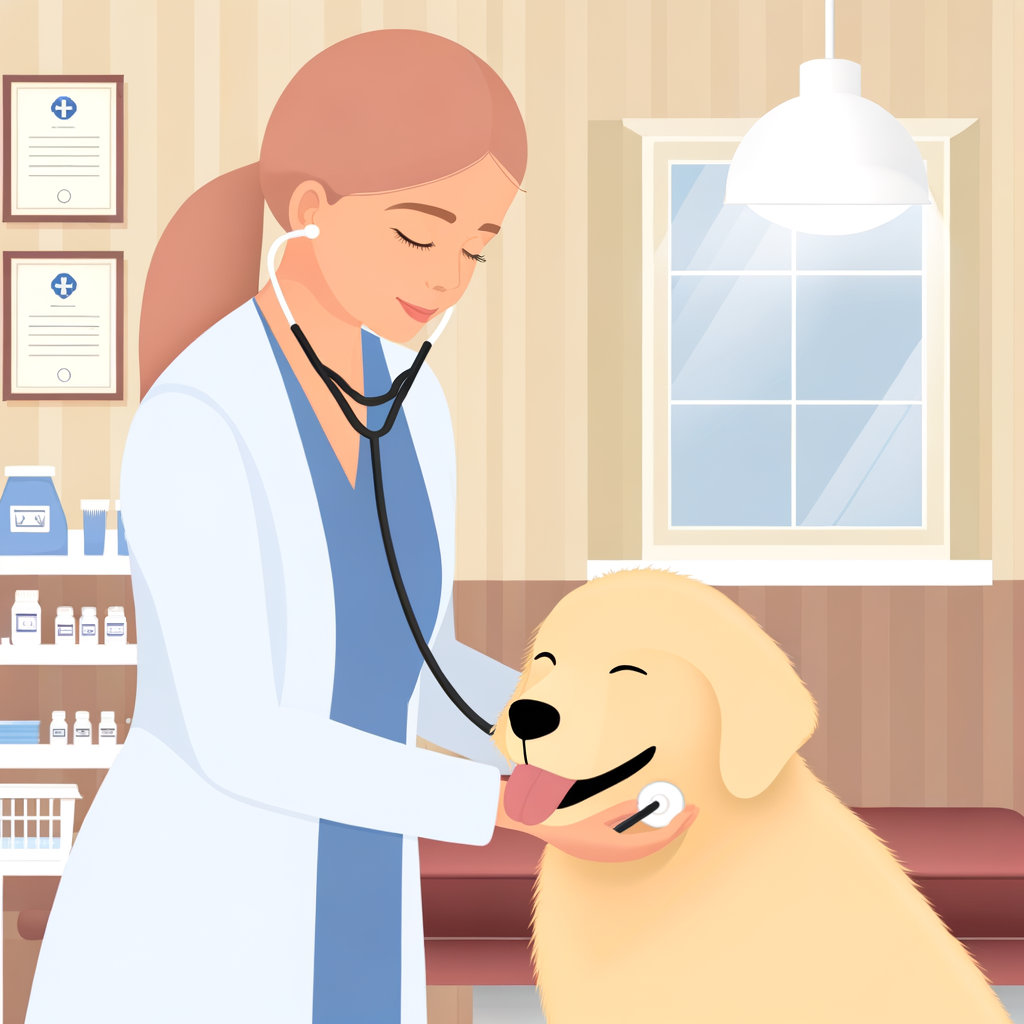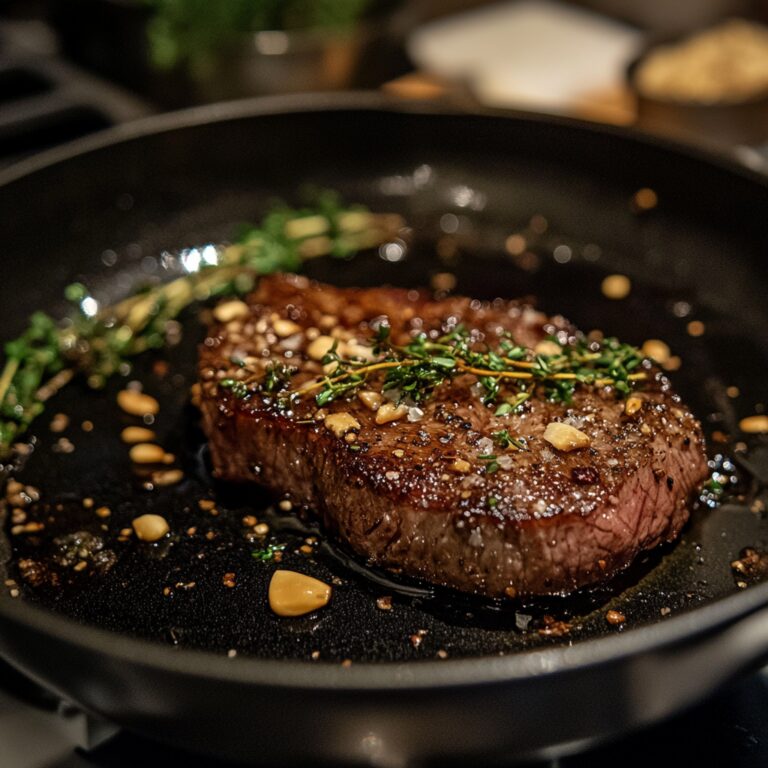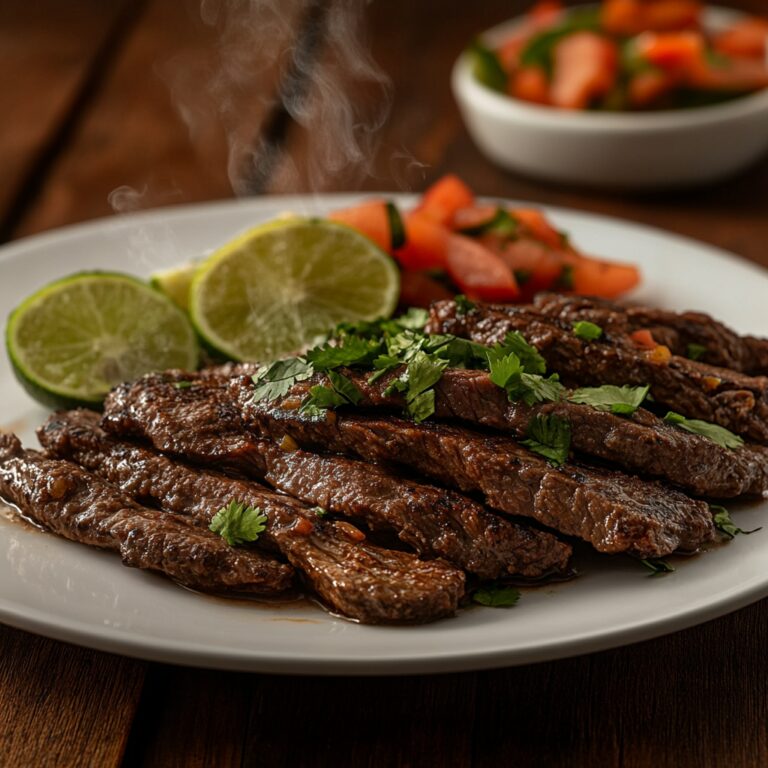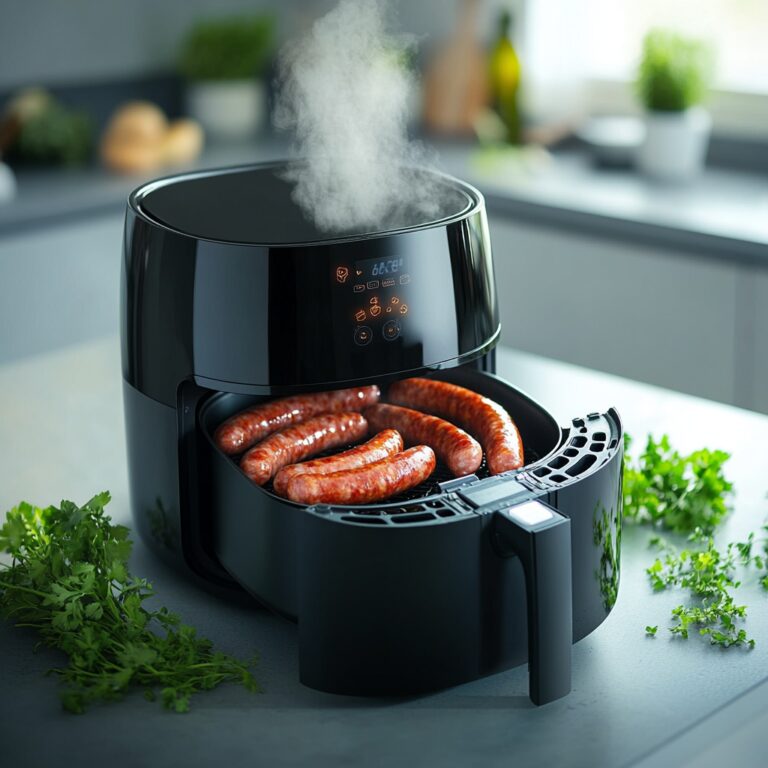Safe Alternatives to Euthanizing a Dog with OTC Drugs
Understanding When Euthanasia May Be Considered
Pet owners often face tough decisions regarding their beloved pets, especially when it comes to putting them down. Euthanasia is a choice that usually comes with heavy emotional and moral burdens. While the intention is often to alleviate suffering, using Over-The-Counter (OTC) drugs poses significant risks and is not recommended. Fortunately, there are safer, more humane alternatives to consider.
Consult a Qualified Veterinarian
The first and foremost step is to consult a qualified veterinarian. A professional can provide an accurate diagnosis and suggest the best course of action. Sometimes, what appears to be an end-of-life scenario can be mitigated with appropriate medical treatment.
- Periodic health check-ups
- Pain management and relief options
- Palliative care strategies
Home Comfort Measures
If a veterinarian deems that the pet’s condition is terminal, consider creating a comfortable environment that allows the animal to pass naturally and peacefully at home. Here are effective measures:
Pain Management
Pain management is essential for any terminally ill pet. Instead of resorting to OTC drugs, a veterinarian can prescribe medications specifically designed for pain relief in animals.
- Prescription painkillers suited for dogs
- Non-steroidal anti-inflammatory drugs (NSAIDs)
- Analgesics
Comfort and Care
Providing a serene and comfortable environment is paramount in the final stages of your pet’s life. Consider the following recommendations:
- A quiet, familiar space
- Soft bedding and gentle blankets
- Accessible food and water
- Frequent and gentle companionship
Holistic Approaches
Holistic methods can also contribute to your pet’s end-of-life care.
Acupuncture
Acupuncture can sometimes alleviate chronic pain and improve your pet’s quality of life. This ancient Chinese practice works by stimulating specific points on the body to relieve pain.
Massage Therapy
Massaging your pet can help soothe aching muscles and joints, providing a sense of relaxation and well-being.
Herbal Remedies
Certain natural herbs and supplements can help manage symptoms and improve comfort. Always consult with a veterinarian before introducing any herbal treatments.
Understanding Quality of Life
Monitoring the quality of life is crucial when caring for a terminally ill pet. Use a quality of life scale to objectively assess if your dog is experiencing more good days than bad. The scale typically includes:
- Happiness and emotional well-being
- Appetite and eating habits
- Mobility and activity levels
- Comfort and rest
Planning for a Peaceful Goodbye
Should you decide that euthanasia is the kindest option, it is best handled professionally. Many veterinarians offer in-home euthanasia services, allowing the pet to pass in a familiar and comfortable environment. This can create a more peaceful experience for both the pet and the owner.
In-Home Euthanasia
In-home euthanasia provides comfort and reduces the stress of transporting the pet to a clinic. It also allows other household pets to say their goodbyes in a familiar setting.
Cremation and Burial Services
After euthanasia, consider compassionate options for your pet’s remains. Many companies provide respectful cremation and burial services.
- Individual or communal cremation
- Special pet cemeteries
- Memorial services
Emotional Support for Owners
Euthanizing a pet, even when necessary, is emotionally taxing. Seek support from friends, family, and pet loss support groups.
- Pet loss support hotlines
- Counseling services
- Online support groups
Making end-of-life decisions for a beloved pet is incredibly challenging. However, considering safe and humane alternatives ensures that the transition is as peaceful and respectful as possible for both the pet and the owner.





